BAME in books: The author fighting lack of South Asian women in children's books
- Published
- comments
The author who wants to get more BAME women into books
A lack of black, Asian and minority ethnic (BAME) characters in children's books has been highlighted as a real problem.
Back in July last year a study by The Centre for Literacy in Primary Education found that just 4% of children's books published in the UK featured BAME characters.
So if over a third of school kids in England come from BAME backgrounds, that means most of the books being read don't represent those kids.
Activist and lawyer Raj Kaur Khaira wants to change that and has written a book featuring 50 inspiring South Asian women including writers, actors and historical figures. She hopes girls reading her book will be inspired by the stories and see women like themselves amongst the pages.
Raj said: "Representation matters on so many levels but particularly for young BAME girls.
There is so little diversity in the mainstream and when south Asian women are portrayed, their depiction is often limited and laced with harmful stereotypes.
We need to give girls a chance to write their own stories".
Raj's top three inspirational South Asian women.
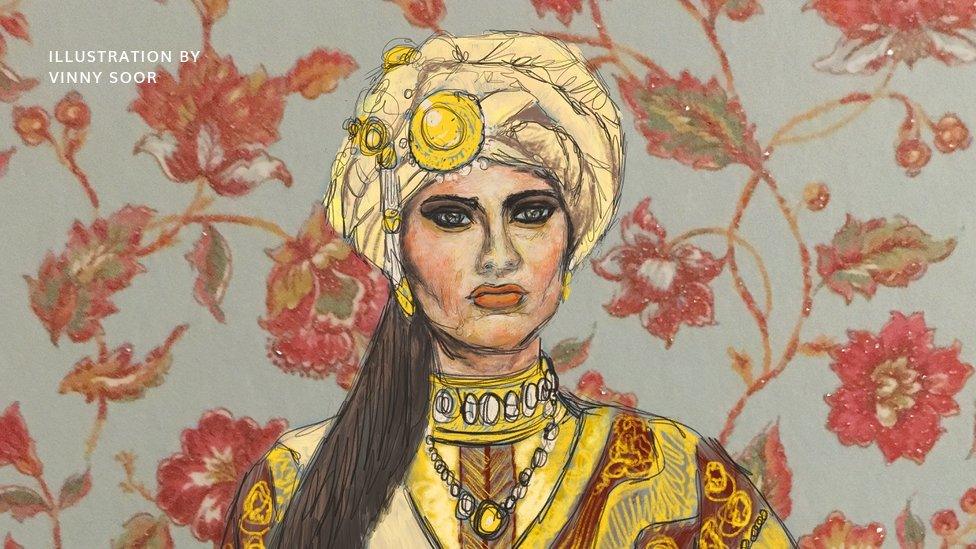
Razia Sultan was a powerful leader in the 1200s
Razia Sultan was the ruler of Delhi from 10 October 1236 to 14 October 1240. A member of the Mamluk dynasty, she is known for being one of the few females in history to have ruled a large empire.
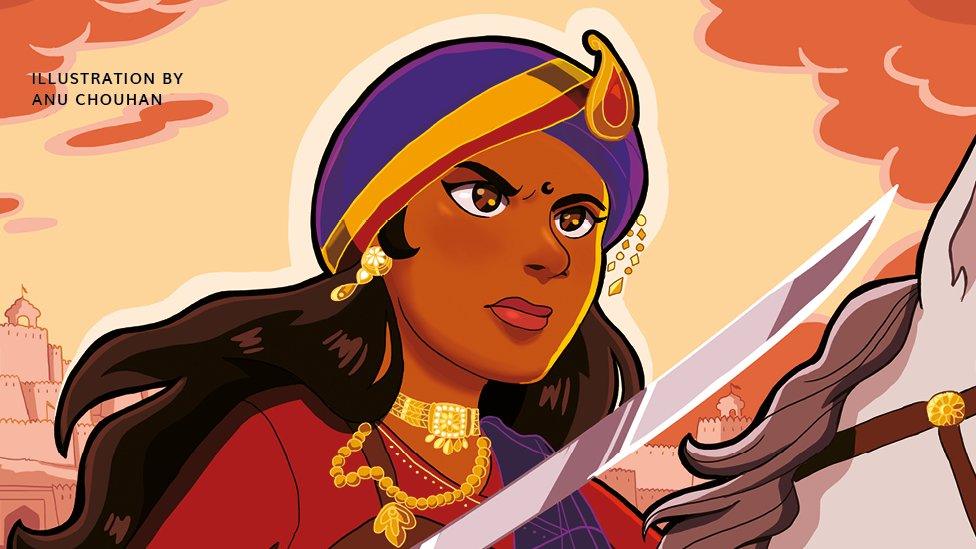
Jhansi Ki Rani was the queen of the princely state of Jhansi in North India in the 1800s.
Jhansi Ki Rani was one of the leading figures of the Indian Rebellion of 1857 and became a symbol of resistance to the British Raj for Indian nationalists and the Indian independence movement.
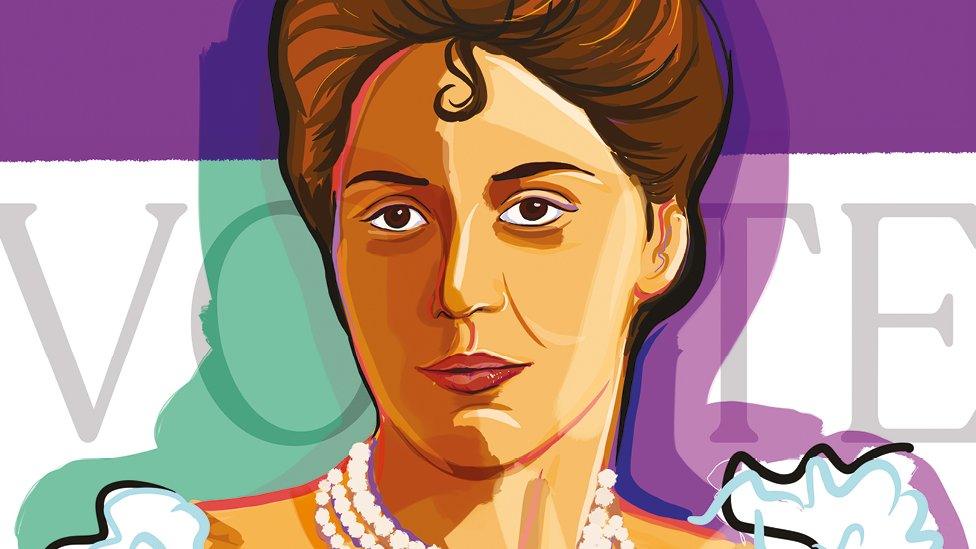
Sophia Duleep Singh was influential in the fight to get votes for women.
Princess Sophia Alexandrovna Duleep Singh was a prominent campaigner for women's rights in the United Kingdom.
Her father was the leader of Punjab in India but was exiled to England so she grew up in the UK.
As well as her political campaigning Sophia worked as a nurse and was a friend to wounded soldiers.
- Published30 May 2019
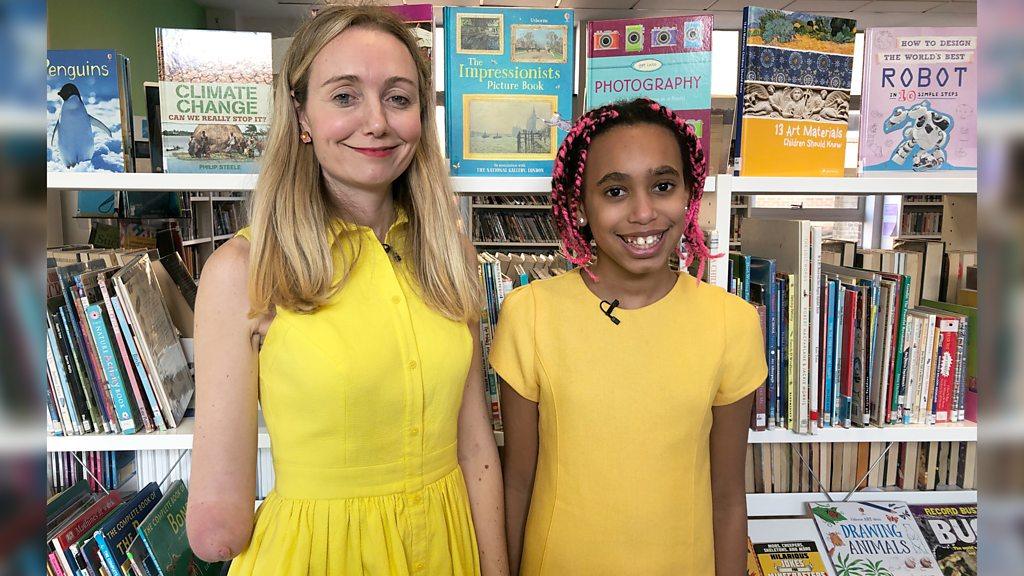
- Published17 September 2015
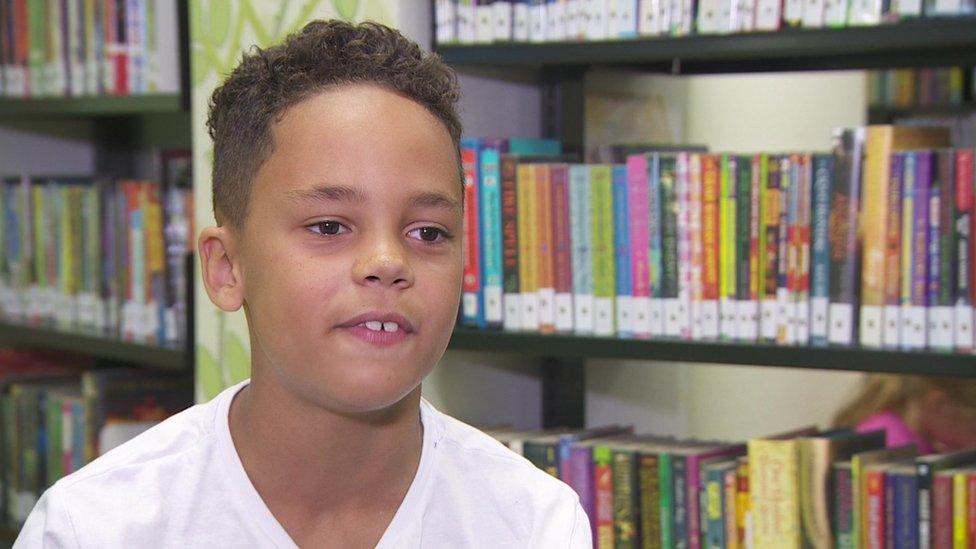
- Published17 September 2015
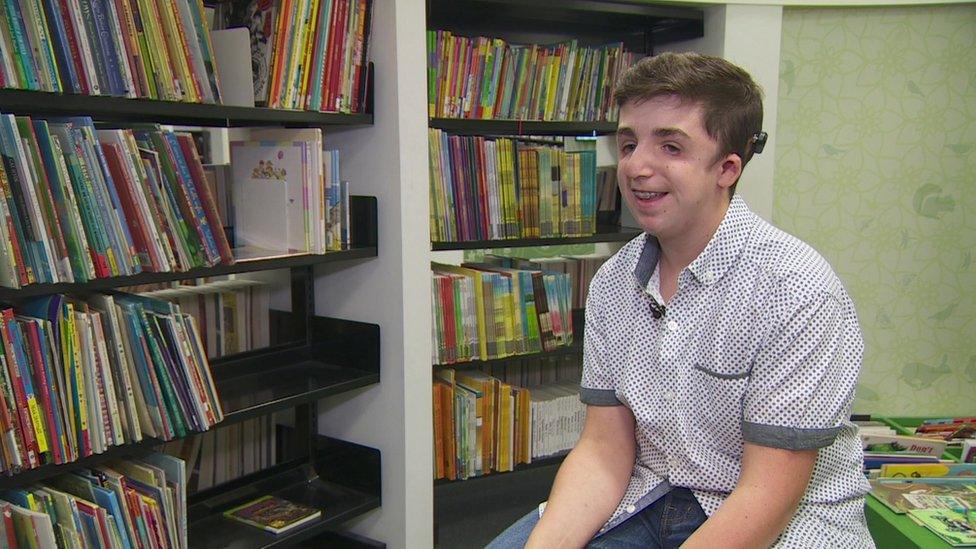
- Published2 April 2019

